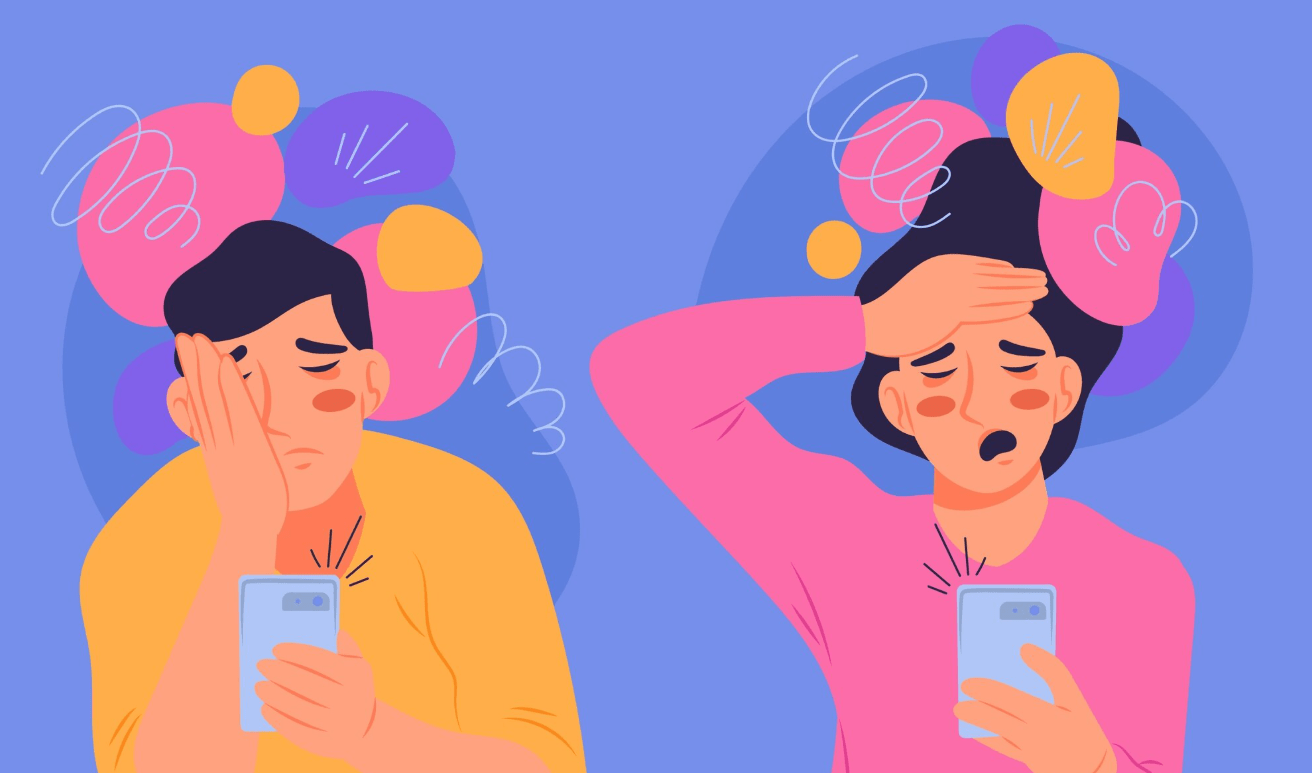What am I lacking if I have brain fog?

Brain fog is that annoying cloud in your mind that makes everything feel slower. You might forget names, misplace things, struggle to focus, or just feel mentally drained. It happens to everyone at some point. But the real question is: what’s causing it? What am I lacking if I have brain fog?
While it’s not a medical diagnosis, brain fog is often your body’s way of saying something is off. Usually, it’s related to lifestyle, nutrition, or mental stimulation. Understanding what’s missing can help you fix it faster and get back to thinking clearly.
Common Things You Might Be Lacking
Brain fog usually comes from one or more deficiencies in your daily life. Here’s a breakdown:
| Lacking | Effect on Brain | How to Fix It |
|---|---|---|
| Sleep | Reduces memory, focus, and processing speed | 7–9 hours of quality sleep, consistent schedule |
| Water | Even mild dehydration slows cognition and attention | Drink water throughout the day, eat fruits/vegetables |
| Nutrients | Low vitamins, minerals, or healthy fats impair brain function | Eat omega-3s, leafy greens, berries, nuts, whole grains |
| Movement | Poor circulation reduces oxygen and nutrient delivery to the brain | Daily exercise, short walks, stretching |
| Mental Stimulation | Underused neural pathways become sluggish | Brain games, puzzles, learning new skills, apps like Moadly |
| Sunlight / Vitamin D | Low sunlight affects mood, alertness, and circadian rhythm | Spend 10–20 minutes in sunlight daily, supplement if needed |
| Stress Management | High cortisol clouds thinking and memory | Meditation, breathing exercises, journaling, short breaks |
Signs You Might Be Lacking Something
If you’re wondering what’s behind your brain fog, here are common clues:
- Feeling tired even after a full night of sleep: Could be nutrient deficiencies or sleep quality issues
- Difficulty focusing: Hydration, mental stimulation, or stress might be missing
- Forgetfulness: Lack of sleep, movement, or memory practice
- Mood swings: Low vitamin D, stress, or hormonal imbalance
- Slow thinking: Low blood sugar, dehydration, or lack of oxygen from exercise
Quick Things You Can Add Right Now
Some of these are simple to fix and can help clear brain fog fast:
- Drink a full glass of water
- Eat a small snack with protein and healthy fat, like nuts or yogurt
- Stretch or do 5–10 minutes of light movement
- Step outside for sunlight
- Play a short brain game on Moadly to wake your mind
Longer-Term Habits to Prevent Brain Fog
Quick fixes are great, but long-term consistency really clears fog. Doctors and brain experts usually recommend:
- Sleep schedule: consistent bed and wake times, 7–9 hours nightly
- Balanced diet: lots of vegetables, fruits, lean protein, whole grains, and omega-3 fats
- Hydration: 8+ cups of water daily, more if active
- Exercise: daily movement, even short walks help oxygenate your brain
- Mental workouts: puzzles, learning, and apps like Moadly keep your brain sharp
- Stress management: meditation, breathing, journaling, or yoga
Brain-Boosting Nutrients You Might Be Missing
Sometimes brain fog is tied directly to nutrient gaps. Doctors often point to:
| Nutrient | Benefits | Sources |
|---|---|---|
| Omega-3 fatty acids | Memory, focus, and processing speed | Salmon, sardines, flaxseed, walnuts |
| B vitamins | Energy metabolism, mood, cognition | Whole grains, leafy greens, eggs, meat |
| Vitamin D | Mood, attention, immune support | Sunlight, fortified foods, supplements |
| Magnesium | Reduces stress, improves sleep | Nuts, seeds, spinach, dark chocolate |
| Antioxidants | Protects brain cells from oxidative stress | Berries, dark chocolate, green tea |
Mental Stimulation Is Often the Missing Piece
If you sleep, eat, hydrate, and move but still feel foggy, your brain might just be under-stimulated. Doctors recommend keeping the mind active with:
- Memory exercises
- Logic puzzles and problem-solving tasks
- Learning new skills or languages
- Quick, fun brain games like Moadly
Even just 10–15 minutes a day can improve focus, attention, and mental clarity. Moadly is especially good because it combines memory, math, logic, and reaction games in short bursts that are easy to fit into your day.

Quick 5-Minute Brain Fog Fix Routine
If you’re feeling foggy right now, try this:
- Drink a full glass of water
- Do 5 minutes of stretching or light exercise
- Step outside for sunlight
- Play a short Moadly game to wake your mind
- Breathe deeply for 1–2 minutes
It’s simple, fast, and effective for clearing mental clouds and boosting focus.
When Brain Fog Could Be More Serious
Most of the time, brain fog is lifestyle-related, but sometimes it signals something deeper. See a doctor if you notice:
- Memory loss affecting daily life
- Confusion or disorientation
- Mood swings, depression, or anxiety along with fog
- Persistent fatigue that doesn’t improve with rest
- Other health conditions like thyroid, diabetes, or vitamin deficiencies
Final Thoughts
If you’re asking “what am I lacking if I have brain fog?” the answer is usuallya combination of sleep, hydration, nutrition, movement, mental stimulation, and stress management. Start with the easiest fixes and add more over time.
Apps like Moadly make it easy to strengthen your brain in short, fun sessions every day. Play memory games, logic chalenges, or quick math exercises to wake up your focus. Pair this with good sleep, hydration, and exercise, and your brain fog will lift.
Don’t wait for motivation to strike. Start today. Even a few minutes of conscious effort, a Moadly game, or a quick stretch can bring your brain back online and help you feel sharp, alert, and ready for anything.

